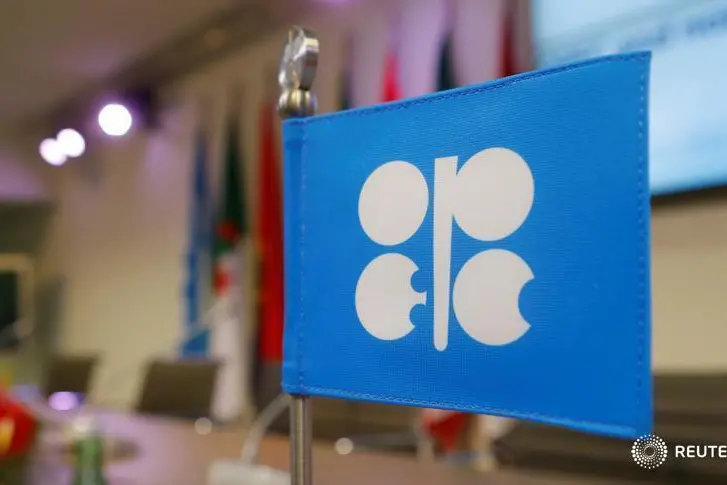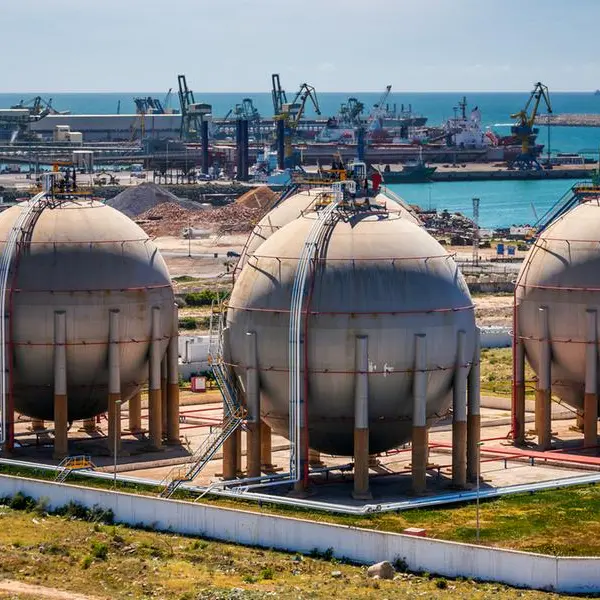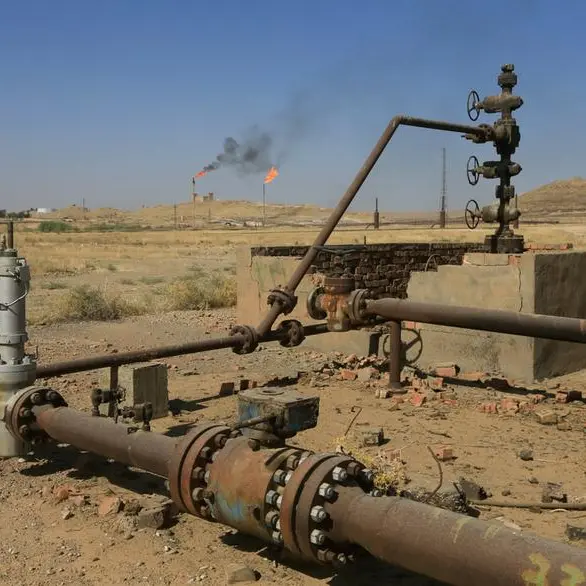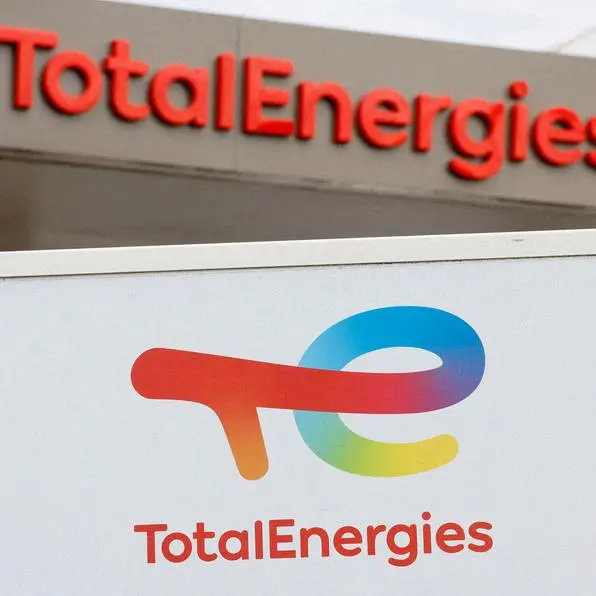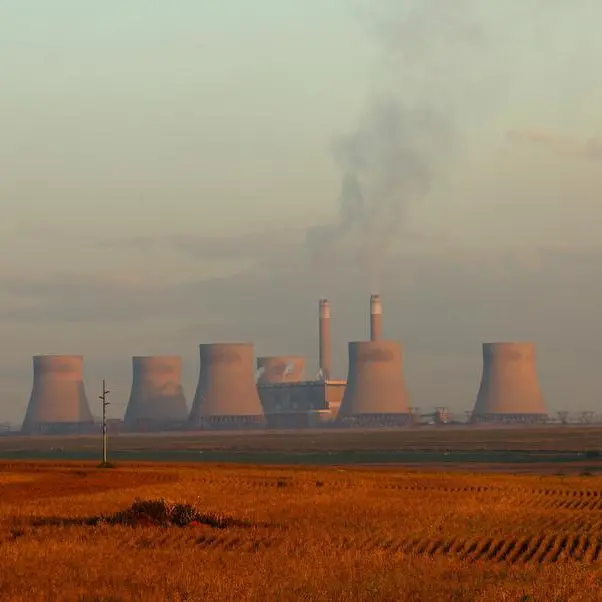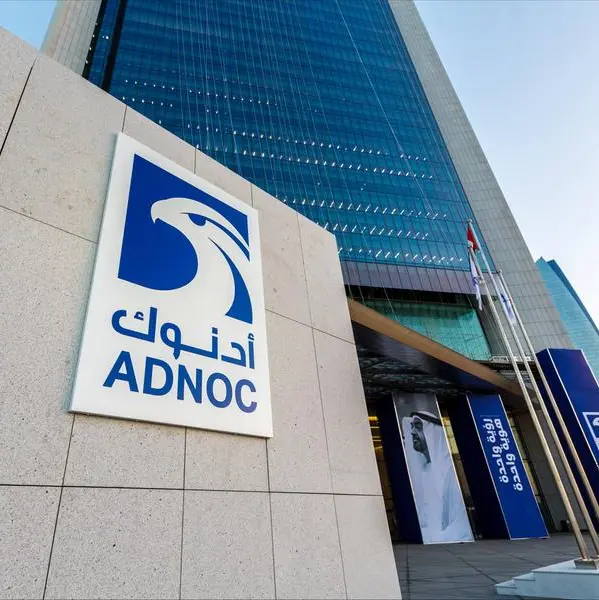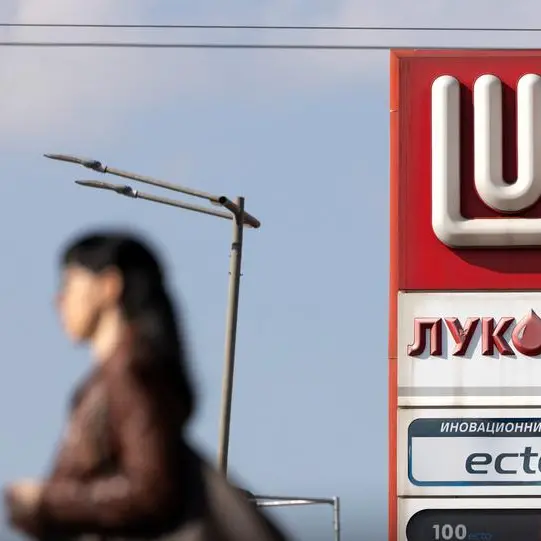PHOTO
NEW YORK: Oil prices were little changed on Wednesday, giving up early gains as worries about a weaker global economy offset data showing a weekly drawdown in U.S. crude stockpiles, indicating supplies remained tight.
Brent futures for August delivery fell 24 cents, or 0.2%, to $117.74 a barrel by 1:03 p.m. EDT (1703 GMT). The August contract will expire on Thursday and the more-active September contract was up 15 cents at $113.83.
U.S. West Texas Intermediate crude for August fell 22 cents, or 0.2%, to $111.54.
Both benchmarks gained about 7% over the prior three sessions on worries about tight supplies due to Western sanctions on Russia. But investors are also worried a slowing economy could dent energy demand as central banks hike interest rates to battle inflation.
The U.S. Federal Reserve will not let the economy slip into a "higher inflation regime" even if it means raising interest rates to levels that put growth at risk, Fed Chair Jerome Powell said.
U.S. crude inventories fell last week even as production hit its highest level since April 2020 during the first wave of the coronavirus pandemic. Fuel stocks rose as refiners ramped up activity, operating at 95% of capacity, the highest for this time of year in four years.
"Globally supplies are tight so from a big picture viewpoint, we're still in a bullish situation. Crude oil inventories are still below average," said Phil Flynn, analyst at Price Futures Group in Chicago.
Prices rose early in the session as G7 countries agreed to explore options to impose price caps on Russian oil exports.
"Given that almost 1/5 of global oil producing capacity today is under some form of sanctions (Iran, Venezuela, Russia), we believed there is no practical way to keep these barrels out of a market that was already exceptionally tight," JP Morgan said in a research note.
Uncertainty in global oil and gas markets could stay for some time to come as spare capacity is very low while demand is still recovering, Shell PLC Chief Executive Officer Ben van Beurden said.
The Organization of the Petroleum Exporting Countries (OPEC) and its allies such as Russia that form the OPEC+ group, began a series of two-day meetings on Wednesday with sources saying chances of a big policy change look unlikely this month.
At its last meeting in early June, OPEC+ sped up production cuts and to raise output each month by 648,000 barrels per day (bpd) in July and August, up from earlier increases of 432,000 bpd.
Analysts are concerned that Saudi Arabia and the United Arab Emirates (UAE) may not have enough spare capacity to make up for lost Russian supply. French President Emmanuel Macron said this week he was told these producers will struggle to increase output further.
However, the UAE energy minister said the country, which is producing about 3 million bpd, has some spare capacity above its OPEC quota of 3.17 million bpd.
Analysts also warned that political unrest in Ecuador and Libya could tighten supply further.
In Russia, the Black Sea Caspian Pipeline Consortium (CPC) terminal will resume loading oil from its second single mooring point on July 1.
(Reporting by Yuka Obayashi in Tokyo, Florence Tan in Singapore and Scott DiSavino in New York; Editing by Marguerita Choy, Jason Neely and David Gregorio)
